Importance of Optional Subject Selection in UPSC Mains Exam
Maximize Your UPSC Mains Score with Strategic Optional Subject Selection
One of the most famous competitive exams conducted in pan-India, the UPSC Civil Services Examination is taken for recruiting civil servants within the many different administrative departments existing within the country.
The candidates by systematically going about UPSC preparation for the exam opt to take a written test known as the Preliminary Exam, followed by the Mains and finally, a personal Interview.
As highlighted before, there are some key steps that the candidates are supposed to undertake in this journey; this is true even for the choice of the Optional Subject for the Mains Examination.
It becomes almost as important in the UPSC Mains as it has 500 marks out of 1750 marks which are contended in the examination. This implies that there are chances that a candidate can perform badly in this subject and be deemed unfit to be selected yet fare well in the main subjects.
More information on the optional subject selection has been covered in the blog for better guidance for the aspirants.
The UPSC Optional Subject List
The UPSC offers a wide range of optional subjects for the Mains Exam, allowing candidates to choose from a diverse pool of disciplines. The current list of optional subjects includes:
- Agriculture
- Animal Husbandry and Veterinary Science
- Anthropology
- Botany
- Chemistry
- Civil Engineering
- Commerce and Accountancy
- Economics
- Electrical Engineering
- Geography
- Geology
- History
- Law
- Management
- Mathematics
- Mechanical Engineering
- Medical Science
- Philosophy
- Physics
- Political Science and International Relations
- Psychology
- Public Administration
- Sociology
- Statistics
- Zoology
- Literature of any one of the languages
Importance of Optional Subject Selection
Demonstration of Expertise: The optional subject allows the candidate to display his understanding and knowledge within the respective subject area. This way of testing aspirants on the subject of their choice enables the UPSC to detect the specialized knowledge possessed by the candidate, and his or her mastery in applying this knowledge within the sphere of public administration.
Scoring Potential: Some optional subjects are known to have a higher scoring potential compared to others. Candidates can leverage this by choosing an optional subject that has a history of better performance and higher marks in the UPSC Mains Exam.
Overlap with General Studies: Some of the optional subjects share a larger chunk of similarity to the General Studies (GS) papers in the UPSC Mains Exam. As we have seen, any of these optional subjects can be chosen to cover an area that will also be tested in another part of the exam thus enhancing the candidate's chances, time and effective preparations.
Personalized Approach: The flexibility in choosing optional subjects in the UPSC Mains Exam also respects the variation in education and learning undertaken by competing contenders. This helps to eliminate the possibility of attaining a biased set of candidates where one discipline is over-represented over the others to give all candidates a level playing field.
Improved Overall Performance: Achieving good marks in the optional subject will also make it easier for the candidates to cover up for any difficulties that they may encounter in the compulsory type of papers. It can help them improve their final rank and chances of selection out of the lot in a positive manner.
Alignment with Interests and Strengths: Choosing an optional subject that aligns with a candidate's interests and academic strengths can make the preparation process more engaging and effective. This can lead to better retention of knowledge and a more confident approach during the exam.
Availability of Resources: The availability and accessibility of study materials, coaching resources, and expert guidance for a particular optional subject can also be a crucial factor in the selection process. Candidates should consider the ease of obtaining reliable and comprehensive resources for their chosen optional subject.
Time Management: The scope and depth of the optional subject's syllabus can also impact a candidate's time management strategy. Candidates should carefully evaluate The number of hours over the total duration which is required by them to prepare for a particular optional subject. This can be done by making sure that it aligns with their overall preparation plan for the UPSC main exam.
Specialization and Diversification: The optional subject allows the candidate to gain specialised in a particular field that can be beneficial for the future career in prospects of the civil services. At the same time it also helps the candidates to diversify their knowledge and bring a unique perspective to the table which is valuable and can be a helping hand in the future of public administration.
Factors to Consider when Choosing an Optional Subject
Selecting the right optional subject for the UPSC Mains Exam is a crucial decision that requires careful consideration of various factors. Here are some key factors that candidates should take into account:
Academic Background and Interests: It is recommended that candidates select an optional subject in which they have a background as well as are interested. This can make the preparation process interesting and productive because the candidate will have a certain predilection for the areas of study.
Scoring Potential: Applicants need to gather information in relation to their previous performance and the scores have gotten based on the optional subject undertakings in the UPSC Mains Exam. This will assist them in narrowing down subjects which are most likely to fetch them good grades and as such make a good decision.
Overlap with General Studies: It is recommended that candidates compare what has been taught in the optional subject with what is taught in the General Studies (GS) papers. For them, it is possible to identify an optional subject that has a considerable amount of overlap; thereby allowing for efficient time to be spent on different domains of the exam.
Availability of Resources: A candidate needs to evaluate the situational availability and accessibility of text/lecture notes, coaching materials, and expert advice for the chosen optional subject. This will help to ensure that they can easily get good and accurate information in their preparation.
Time Commitment: The candidates should consider the coverage and density of the chosen optional subject’s syllabi and decide on the amount of time that would be needed to cover the subject. This will enable them to put the right strategies in place to enable them to prepare adequately for the UPSC Mains Exam.
Specialization and Diversification: It is important that the candidate thinks about how the optional subject chosen by them could be beneficial for their specialization and ways to diversify the gained knowledge. This is useful in boosting their employability in civil service careers when they are hired in the future.
Coaching and Guidance: Others would be professional mentors, academicians, achievers in the chosen optional subject and other UPSC achievers for tips and advice on the right optional subject to pursue.
Adaptability: Optional subjects need to be selected carefully, and if a candidate discovers that the subject they have chosen is not suitable for him/her or if he/she feels that the subject being an optional subject is too difficult during preparation then he/she should be willing to change his/her optional subject at this level.
Emerging Trends: Candidates should stay informed about the emerging trends and preferences in the UPSC Mains Exam, as this can help them make a more strategic choice of their optional subject.
Strategies for Effective Optional Subject Preparation
Preparing for the optional subject in the UPSC Mains Exam requires a well-planned and systematic approach. Here are some strategies that can help candidates effectively prepare for their chosen optional subject:
Thorough Understanding of the Syllabus: Students need to devise a plan of the subject of their choice and should focus only on one or two chapters at a time understanding that it is a huge syllabus to cover. This will also enable them to develop a good preparation strategy as shown below.
Identification of Core Concepts: When choosing the special field a candidate should first analyze what the main lines of the optional subject are and what are the basic conceptions of the certain fields to strengthen the conceptual approach in them.
Utilization of Reliable Study Materials: The books which are used for preparations should be of good quality including standard textbooks, reference books and other related online material so that candidates are well informed.
Practice of Previous Year Question Papers: If time permits the candidates should spend time solving the previous year's question papers and mock tests in the exam. This will help them familiarize themselves with the type of questions asked and the amount of analysis expected of them.
Stay Updated with Current Affairs: It is advisable to update yourself with the current affairs/new happening/ anything new regarding the optional subject. Try to include them in the preparation. This can help the students show how they can link the subject knowledge with the current issues.
Answer Writing Practice: One must write answers regularly and spend a reasonable amount of time on how best to organize the answers. The candidates need to figure out how best to defend their arguments, and to express one’s ideas.
Seeking Feedback and Guidance: To help one strengthen his/her knowledge base, it is advisable for a candidate to always look for advice from the experts in the given field, professionals with much experience in that line, and other successful aspirants in the UPSC exam.
Continuous Revision and Reinforcement: Candidates should keep on revising the portions they have completed. They should also take time to reinforce what has been learnt to check whether the knowledge is fresh and can be applied correctly during the exam or not.
Adaptability and Flexibility: The candidates should not be rigid in the strategies that they have chosen for the preparation of the test they should be willing to ditch those strategies depending on mock results and coaches. This can assist them in preventing or at least facing problems or shortcomings that may come while preparing for the test.
Conclusion
The choice of the optional subject is very important in UPSC Mains Exam as the subject is very important and takes up a huge portion and the performance of the candidate will be greatly affected by whatever score he or she obtains in the subject.
If done properly, this component of the exam can work to the candidate’s advantage and help him/her clear the UPSC Civil Services Examination – provided that he/she has a clear understanding of the options open to him/her with regard to selecting optional subjects, their significance in the exam, and efficient preparation.
We hope this blog helped you understand the right ways of choosing the optional subject.
To get more information on UPSC and other competitive exams, you can visit Skoodos Bridge. We have created proper guides to help you in several aspects of your exam preparation.
Categories
Archives
- June 202524
- May 202526
- April 202530
- March 202523
- February 202513
- January 202523
- December 202429
- November 20246
- September 20245
- August 202422
- July 202415
- May 20249
- June 202424
Similar Posts
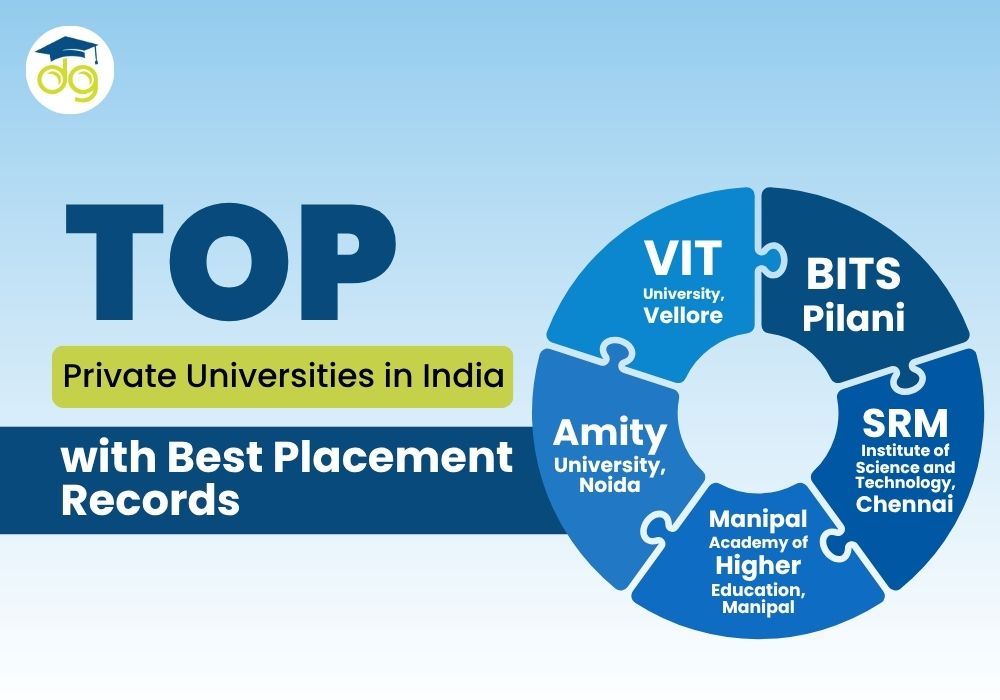
Top Private Universities in India with the Best Placement Records 2025
by Skoodos bridge
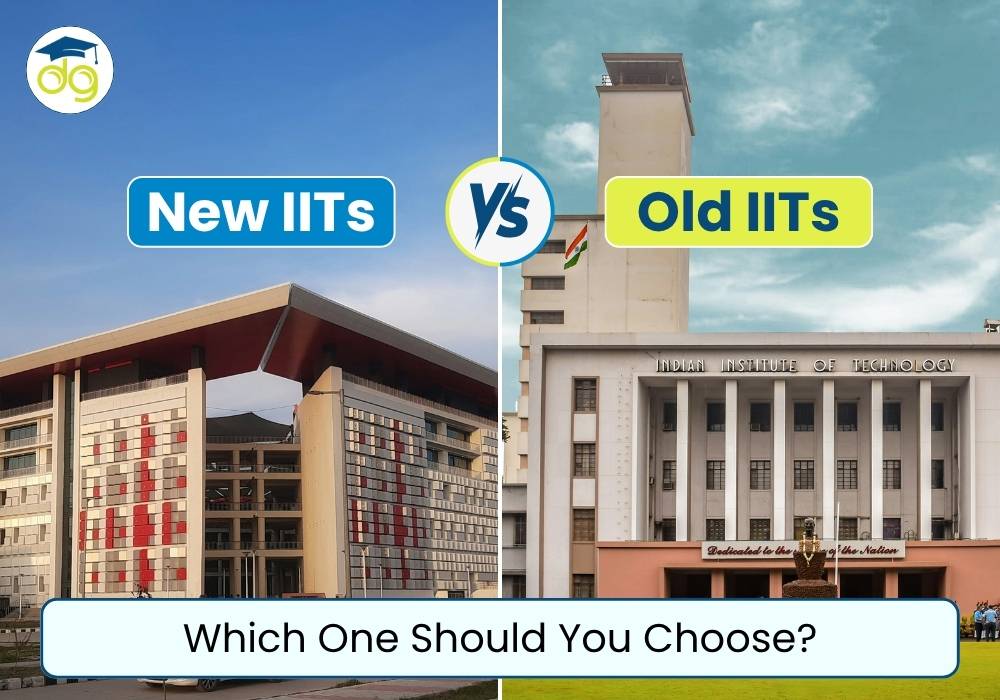
New IITs vs. Old IITs: Which One is Better for Engineering in 2025?
by Skoodos bridge

How IITs & NITs Are Using AI-Based Learning for Students in 2025
by Skoodos bridge
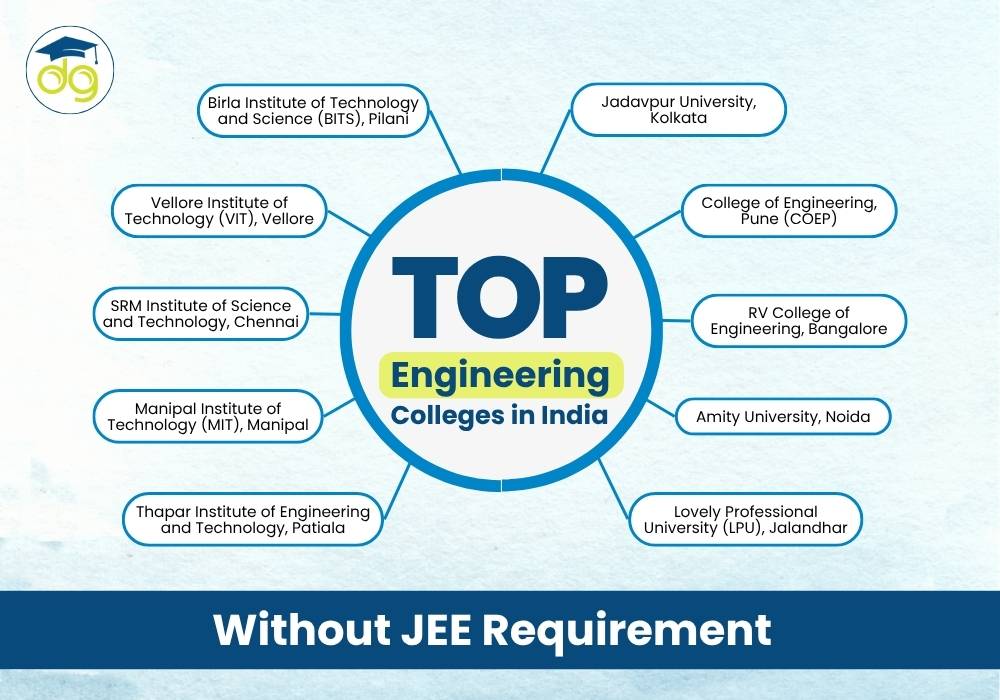
Top Engineering Colleges in India Without JEE Exam Requirement
by Skoodos bridge

Top 10 Online IIT JEE Coaching Institutes for 2025 Preparation
by Skoodos bridge

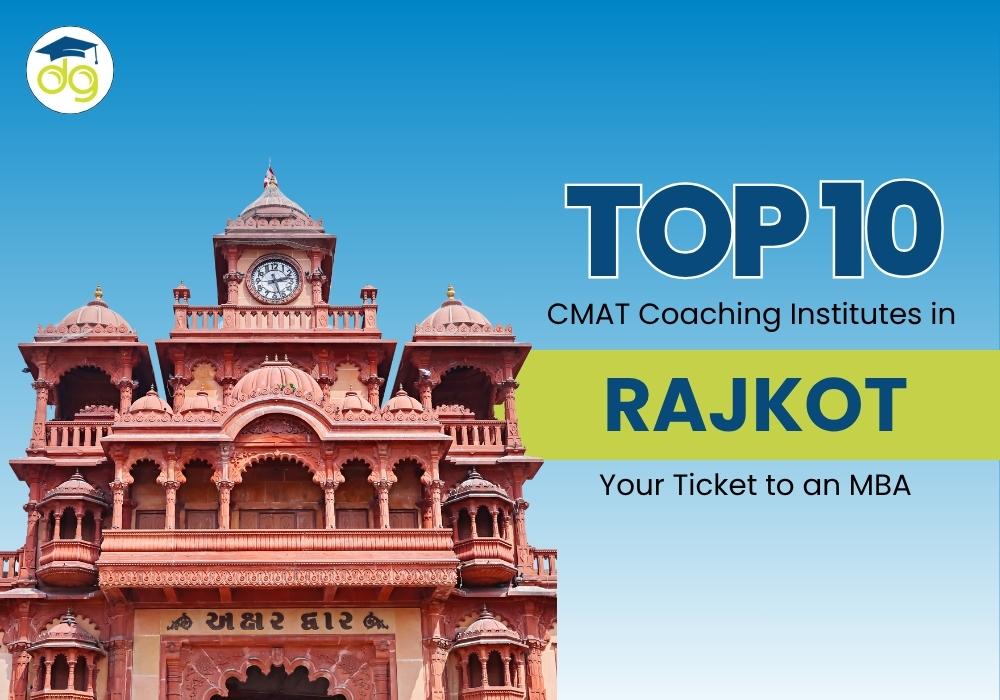
Top 10 CMAT Coaching Institutes in Rajkot to Crack the 2025 Exam
by Skoodos bridge
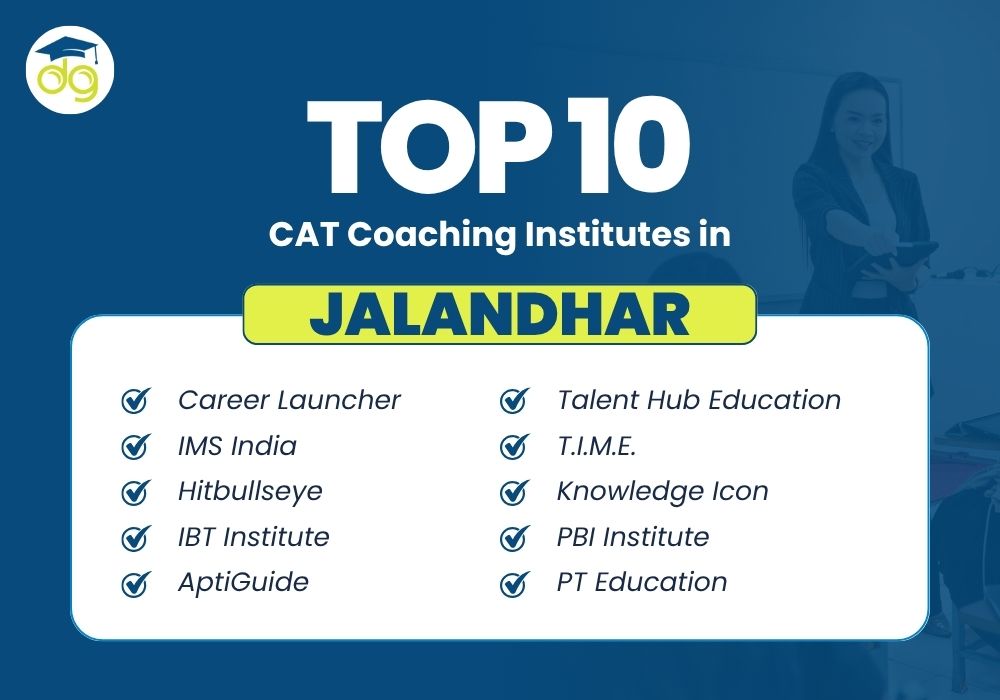
Top 10 CAT Coaching Institutes in Jalandhar for 2025 Prep
by Skoodos bridge

Top Indian Universities Accepting CUET Scores for 2025 Admissions
by Skoodos bridge
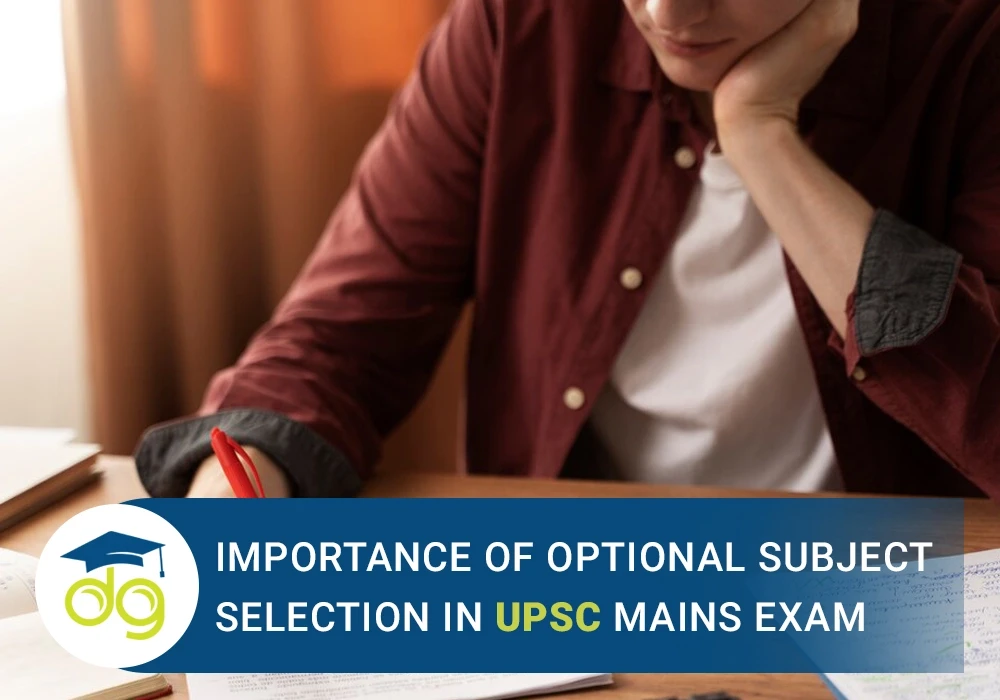

Leave a Comment